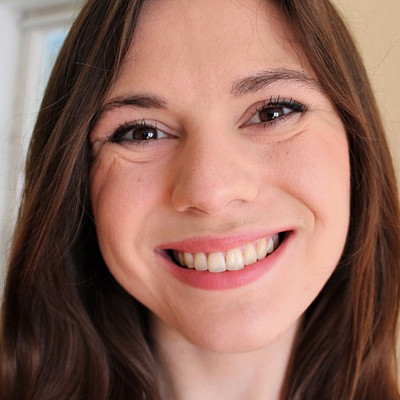The New Orleans Adolescent Reproductive Health Project is a community service project that provides free comprehensive reproductive health education to adolescents in the local New Orleans community. The organization operates as an interprofessional student-run entity, where different professions such as nursing, medicine, PhD, and public health collaborate to achieve a common goal. The academic programs are brought together through the assistance of the Interprofessional Student Alliance (IPSA) at LSU Health Sciences Center in New Orleans, an organization that supports extracurricular interprofessional community service projects. Middle and high school students from six New Orleans schools have benefited from reproductive health lessons taught by health professional student volunteers. NOARHP volunteers indicate that while they are in training, not only does teaching reproductive health to adolescents improve their confidence in addressing these sensitive topics when they become providers, but they report feeling more comfortable working on an interprofessional team. In addition to the benefits the student-volunteers receive, the community benefits as well. Adolescents that received the NOARHP curriculum have improved their reproductive knowledge on average by 14%, as determined by pre- and post- test data. This lightning talk will explain how students have managed, operated, and sustained NOARHP as an interprofessional extracurricular community service project. Despite the unique obstacles that exist in operating an interprofessional organization, NOARHP has engaged over 100 volunteers providing support to the local community while promoting interprofessional collaboration among students from various educational backgrounds.
Disclosures:
In accordance with the Accreditation Council for Continuing Medical Education’s Standards for Commercial Support, adopted by the Joint Accreditors for Interprofessional Continuing Education, the National Center for Interprofessional Practice and Education has a conflict of interest policy that requires that all individuals involved in the development of activity content disclose their relevant financial relationships with commercial interests. All potential conflicts of interest that arise based upon these financial relationships are resolved prior to the educational activity.
Judston Robinson, Elizabeth Brew, Ryan Pasternak, Shelley Ferrin, Neil Horsley, Rachael Stone, Sol De Jesus, Kelly Karpa, Indira Puroshothaman, Tanya Shaw, Joseph Zorek, Moshtagh Farokhi, Jeff Lacy, Sean Garcia, Michael Geelhoed, Le’Keisha Johnson, Janna Lesser, Melanie Stone, Heidi Worabo
declare no vested interest in or affiliation with any commercial interest offering financial support for this interprofessional continuing education activity, or any affiliation with a commercial interest whose philosophy could potentially bias their presentation.
In support of improving patient care, this activity is planned and implemented by The National Center for Interprofessional Practice and Education. The National Center for Interprofessional Practice and Education is accredited by the Accreditation Council for Continuing Medical Education (ACCME), the Accreditation Council for Pharmacy Education (ACPE), and the American Nurses Credentialing Center (ANCC) to provide continuing education for the healthcare team.
As a Jointly Accredited Provider, the National Center is approved to offer social work continuing education by the Association of Social Work Boards (ASWB) Approved Continuing Education (ACE) program. Organizations, not individual courses, are approved under this program. State and provincial regulatory boards have the final authority to determine whether an individual course may be accepted for continuing education credit. The National Center maintains responsibility for this course. Social workers completing this course receive continuing education credits.
This activity was planned by and for the healthcare team, and learners will receive Interprofessional Continuing Education (IPCE) credit for learning and change.
- Physicians: This activity will be designated for CME AMA PRA Category 1 Credit(s)TM through ACCME.
- Physician Assistants: NCCPA accepts AMA PRA Category 1 Credit(s)™ from organizations accredited by ACCME or a recognized state medical society.
- Nurses: This activity will be designated for CNE nursing contact hours through ANCC.
- Pharmacists and Pharmacy Technicians: This activity will be designated for CPE contact hours (CEUs) through ACPE.
- Social Workers: This activity will be designated for social work continuing education credits through ASWB.
- All health professionals: This activity was planned by and for the healthcare team, and learners will receive Interprofessional Continuing Education (IPCE) credit for learning and change.



